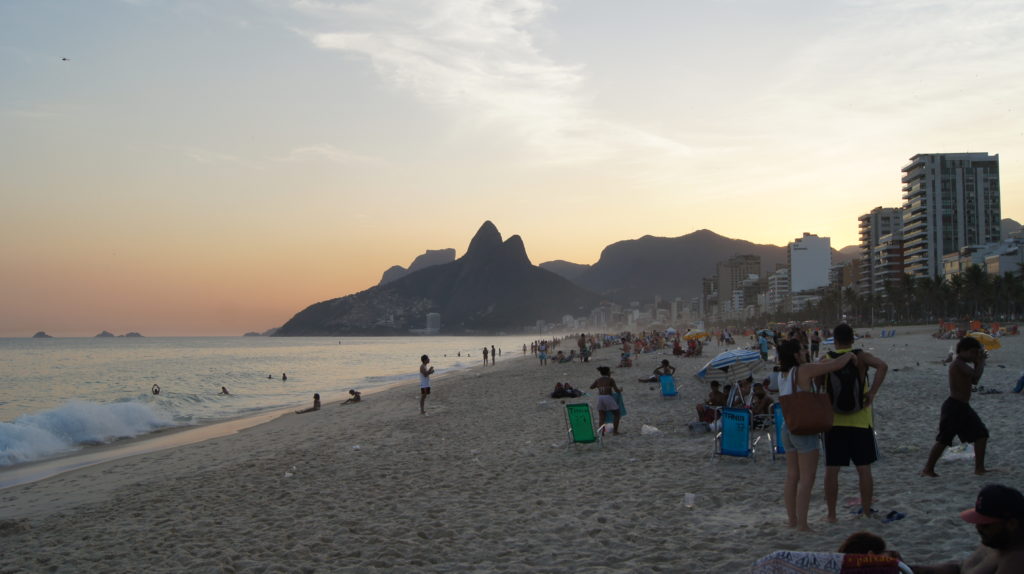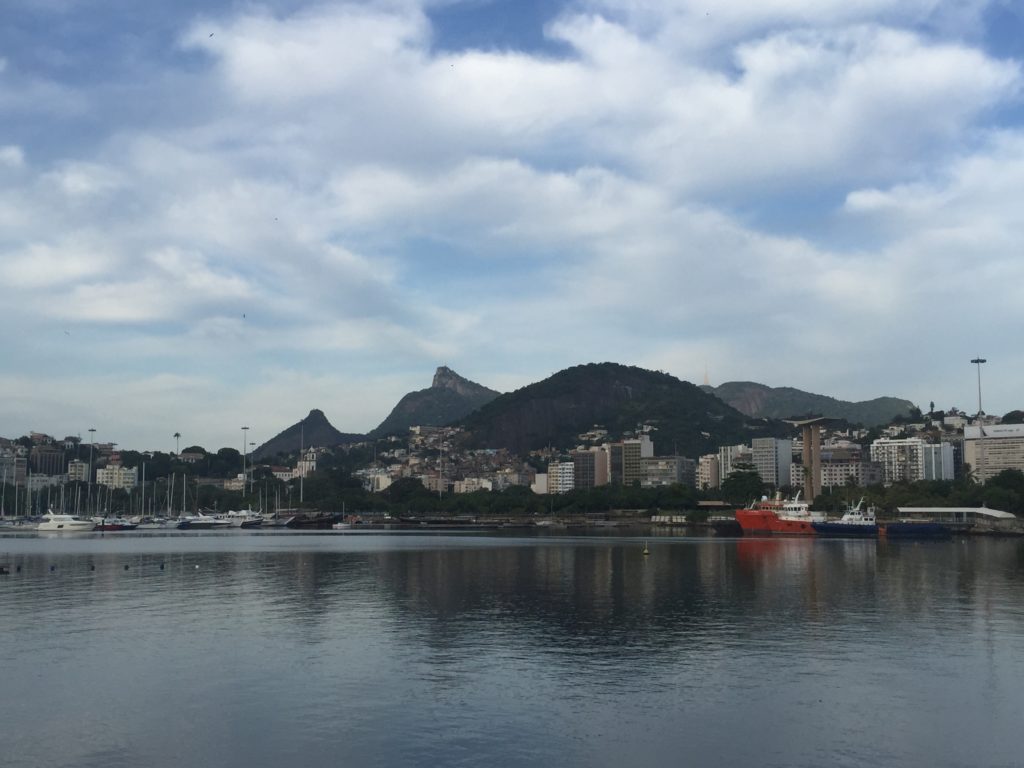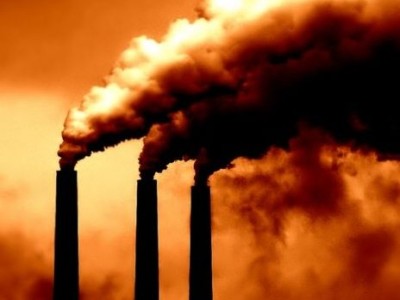Rio’s Dirty Water
Everyone seems to be talking about the pollution in Guanabara Bay
With the Opening Ceremonies for the 2016 Summer Olympics set for tomorrow night, the world’s attention is turned to Brazil. For someone with a great love for the country, it is disheartening to see the series of articles in the run-up to the Olympics emphasizing the negatives—challenges due to political turmoil, security concerns, the Zika virus, and water pollution in Rio de Janeiro.

Rio, of course, is not the first Olympic city to face water pollution challenges, and certainly won’t be the last. However, over the past several days, a number of reports (here, here, here, and here, for example) have again highlighted the levels of pollution in Guanabara Bay and other local waters, where the longer-distance swimming, sailing, and rowing events will be held, due to untreated sewage and industrial wastewater from the city. Last week, the NY Times Magazine posted an interactive piece that tracks pollution at different points along one of the rivers flowing into the bay. (This NY Times article from 2014 notes that pollution in Guanabara Bay has been an issue in preparing for major events in Rio at least as far back as the Earth Summit in 1992.)
Brazil has been criticized for failures to live up to environmental promises made as part of the Olympics hosting pitch: its ambitious goal of treating 80% of the water flowing into the bay by the time of the Olympics has not been met. There are, however, significant signs of progress. Official estimates from the State of Rio de Janeiro state that the rate of water treatment has improved from 11% to 51% since 2009 (see this article in Portuguese). The State’s water and sanitation utility (CEDAE) manages the region’s program from cleaning up Guanabara Bay, and has reported that since the 1990s, 1.8 billion reais (approx. $560 million) have been invested in sanitation projects, with state and international funding. CEDAE’s April 2016 report on the program is available on their website and shows status updates on several different projects, including expansion of water treatment facilities at several sites. Near Marina da Glória (the site of the sailing events), the program includes capturing water before it flows into the bay and diverting it to the discharge pipe underneath Ipanema Beach that carries effluent out to deeper waters.

Pushing for further improvement will likely depend not only on law and policy, but also commitments of funding for new infrastructure and continued activism by residents and others. Brazil’s National Sanitation Policy Act in 2007 (link to the statute in Portuguese) sets out guidelines and rules for local and state sanitation authorities to engage in organized planning, although layers of municipal and state jurisdiction can make coordination difficult.
Hopefully, there will be no serious health problems from the water for those competing in or attending the Games. While athletes will have to deal with it for the next two weeks, though, 12 million cariocas will have to live with it.
Reader Comments
4 Replies to “Rio’s Dirty Water”
Comments are closed.







The water’s not the only thing that’s dirty. For a fuller picture of this story, I highly recommend http://www.bloomberg.com/features/2016-unsolved-murder-in-rio/. #PriscilaPereira
Karen,
Thanks. I came across that article while writing this post, and it is a disturbing and sad story. Violence against environmental defenders in Brazil and elsewhere is a serious problem.
Does carrying polluted water out to deeper waters seem helpful at all? The solution to pollution is NOT dilution!
Gregg —
Yes, that’s my reaction too, although we do the same thing in the U.S. in some places. The Clean Water Act section 301(h) waiver program allows some treatment facilities to discharge partially treated water (only primary treatment, not secondary) into deeper ocean waters.